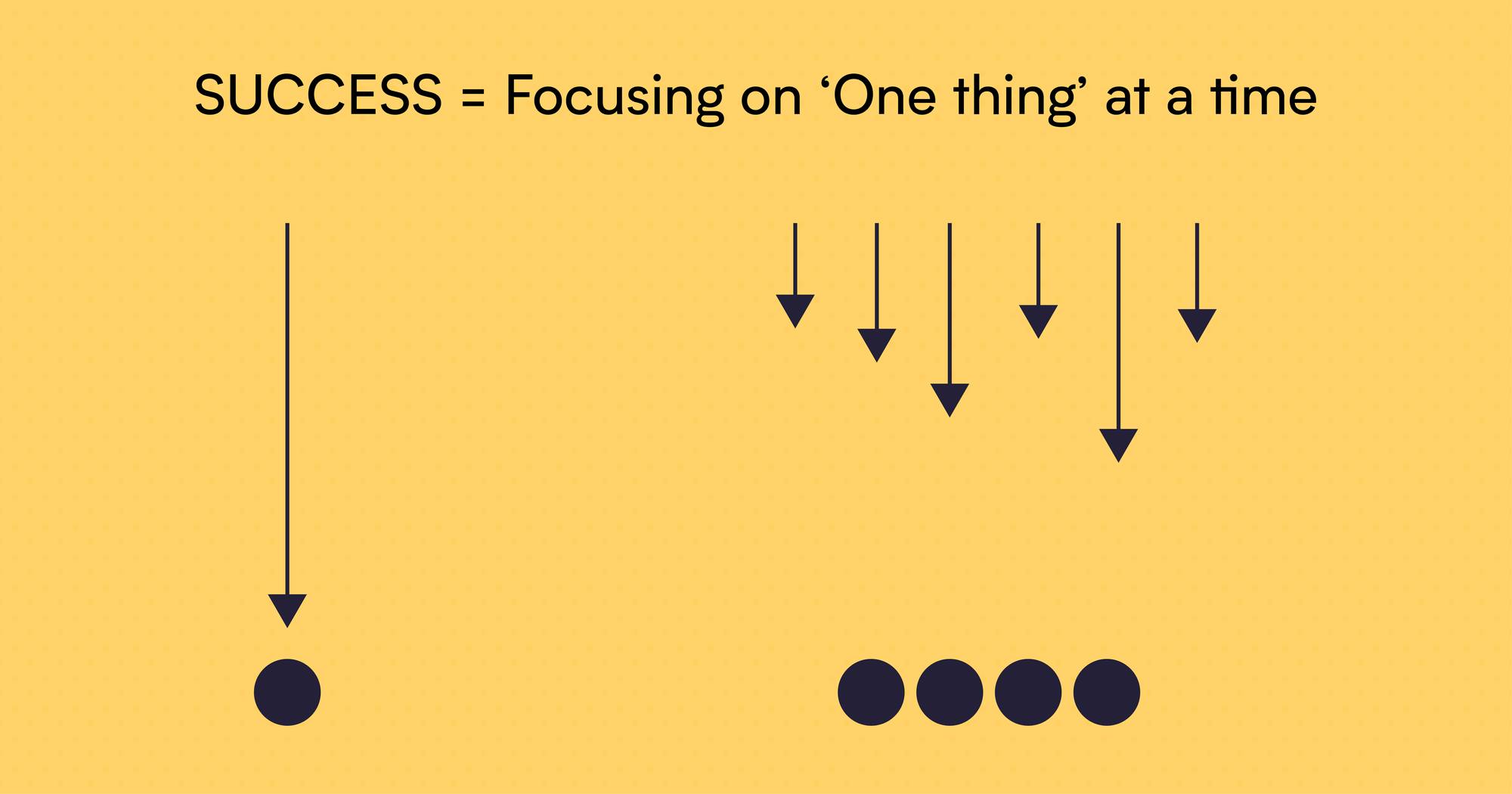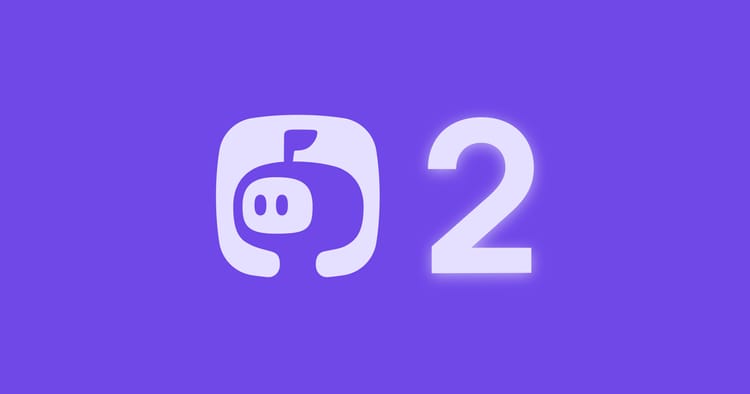5 things I do to stay productive

I’ve been consistently asked, “What do you do to stay productive?” Below are the 5 things I do. This has helped me run Tiny India, manage portfolio companies, and still enjoy personal time.
1. Plan weekly, not daily
I prefer weekly planning, instead of daily planning.
Here’s why:
a) Weekly planning gives you an overview of your schedule. Urgent meeting on Wednesday? Block your calendar. You have got the flexibility to move things according to your needs as against daily planning where you’re a slave to your schedule.
b) Because you know your schedule, you can say no to requests. You avoid a situation where you're doing others’ tasks at the cost of yours.
c) You enjoy a healthy work-life balance. When you plan daily, you’re at the mercy of free time to enjoy time with your friends and family. But, planning weekly means you can (and should) schedule family/personal time at your convenience.
Here’s how to plan your week:
a) Plan your week before it starts (typically on Saturday or Sunday).
b) Put all your tasks on the calendar.
c) Rank each task based on priority levels and assign a specific time duration. Separate two tasks by a short break (10-15 minutes).
d) Write a short note on what you’ve to do to complete that particular task.
e) Schedule time for unplanned events.
2. Practice asynchronous work

Asynchronous work is when employees work on their time without the expectation of immediately responding to others. Frequent meetings are avoided. People are evaluated based on work output, and not on the number of hours worked.
At Mailman, we’ve been working asynchronously for the last 2 years. It has minimized the time spent on communication and made focused work the default.
Plus, it offers a better work-life balance, encourages high-quality responses over quick shallow responses, better documentation, and so much more.
Here’s how to practice asynchronous work:
a) Select a default communication channel.
b) Document your communication guidelines and distribute them to everyone. Take inspiration from Basecamp.
d) 90% of the communication should be in writing. Have a strict criterion for a meeting. Here’s a helpful chart.
c) Allow employees to work on their schedule.
d) Go for weekly updates instead of daily. Ask your employees to email their managers answering these two questions:
- What did you do this week?
- What are you planning to do next week?
e) Designate a specific person for urgent requests.
f) Fix 1-2 hours daily when everyone is available. Employees can cross-communicate and collaborate during that time.
3. Use the Pomodoro technique
The Pomodoro technique is a time-management method to help you complete your tasks on time. You break your work into short intervals (typically 25 minutes), separated by short breaks (5-10 minutes). Each interval is known as Pomodoro. After 4 pomodoros, take a longer break (15-30 minutes).
This technique works because it instills a sense of urgency. Rather than feeling that you have endless hours to get things done and then wasting those hours on distractions, you’re incentivized to complete your work in only 25 minutes. When you give yourself a deadline, you find unusual ways to get the work done.
It correlates with the Parkinson’s law (Elon Musk’s favorite time management technique): Work expands to fill the time allotted for its completion.
Here’s how to use the Pomodoro technique:
Step 1: Note down the important tasks (based on priority levels) you plan to complete the next day.
Step 2: Set a timer of 25 minutes. You can even tweak it to 30-40 minutes based on your working needs.
Step 3: Work until the timer beeps. Avoid distractions and focus on your work. Set up your work environment in such a way that no colleague or family member disturbs you when you’re working. The best way to do so is to let your colleagues/family members know about your schedule (when they should contact you and when they shouldn’t).
Step 4: Take a short break of 5-10 minutes.
Step 5: Repeat the Pomodoro 4 times.
Step 6: Take a longer break of 15-30 minutes to rest and re-energize.
4. Manage your emails
Email is the oxygen of any remote company. But, while it makes remote communication easy, constant notifications lead to back-and-forth messages, which distracts me and doesn’t allow for deep work. Adobe found out employees waste 3.1 hours per day sending and checking their emails.
Enter Mailman.
a) Mailman pauses emails during a preset time to encourage deep work.
b) It delivers emails in batches at specific times according to your settings.
c) Mailman blocks spam and unimportant senders, keywords, and domains.
d) You can set up a VIP list of important senders, keywords, and domains. Mailman will send you these emails as soon as they are sent, so you don’t miss urgent messages.
5. Focus on getting one and only one big thing done

Stop making to-do lists. It incentivizes doing small tasks, but ignores big strategic tasks that require planning. You feel good checking the box, so you choose only the small tasks. Plus, a study showed your brain shuts down when it sees 8-9 to-do tasks.
Instead, focus on getting one big thing done. John Zeratsky explains why:
a) “Multitasking is a myth. Research has shown that what people think of as multitasking is just switching back and forth between tasks. Switching takes energy, and energy, is exactly what we need to make meaningful progress on important work. One Big Thing encourages you to consolidate that energy and put it toward a smaller number of big projects.
b) A 1993 paper by K. Anders Ericsson explains that most people are only capable of one to four hours of intense, concentrated work per day. One Big Thing helps us make sure we are using this capacity on the most important tasks.
c) Focus improves your life. Cal Newport hypothesizes that if we choose to focus on “deep work,” we’ll construct for ourselves a life that’s “rich in meaning and importance.”
What do you do to stay productive? Share with us on Twitter.





